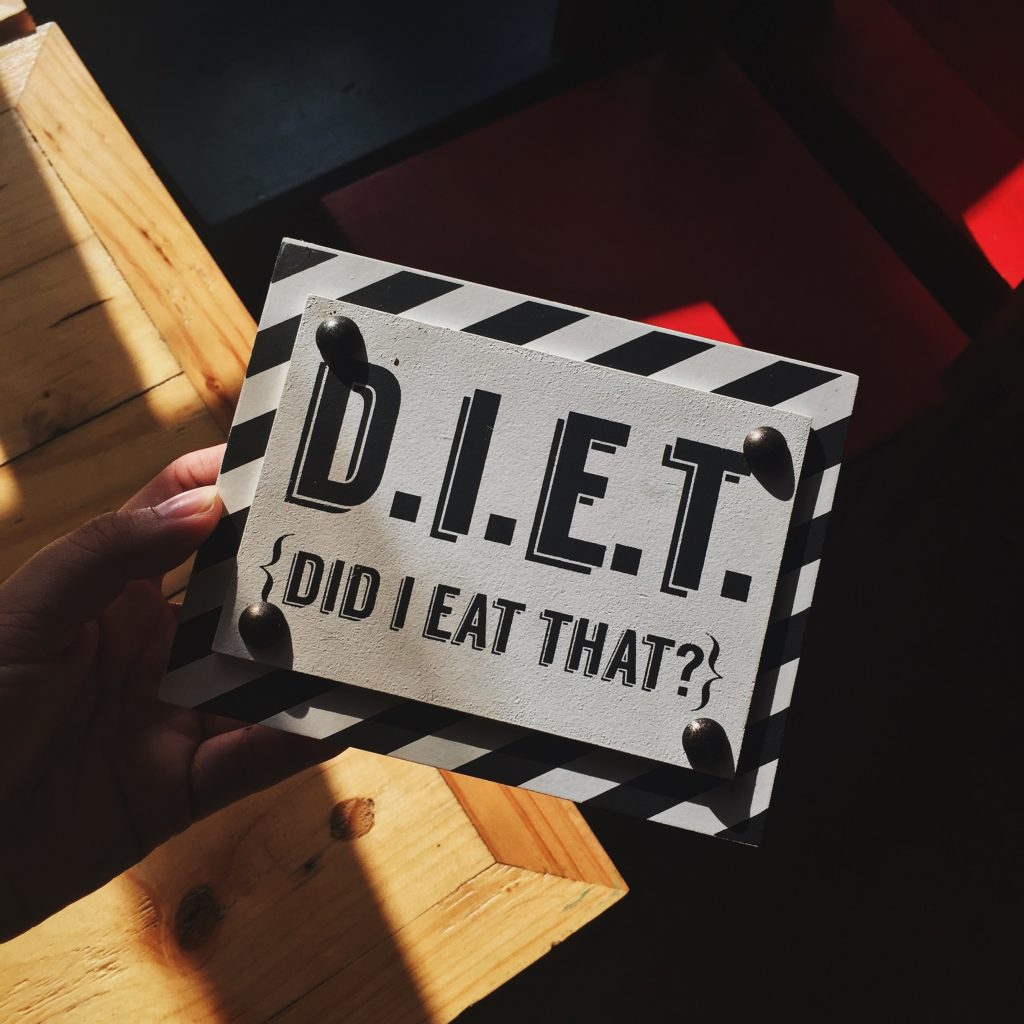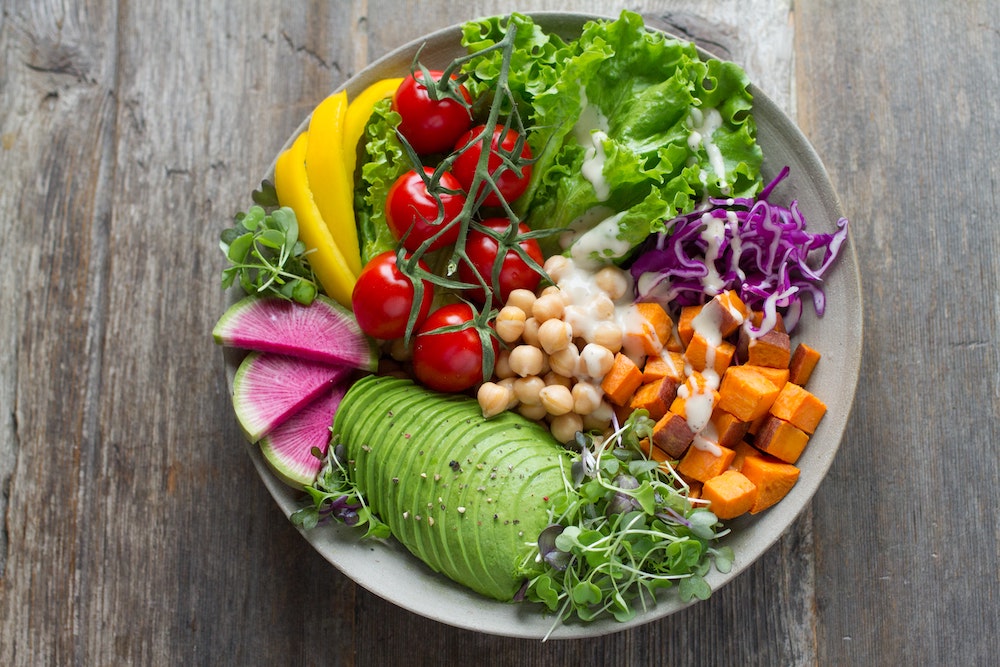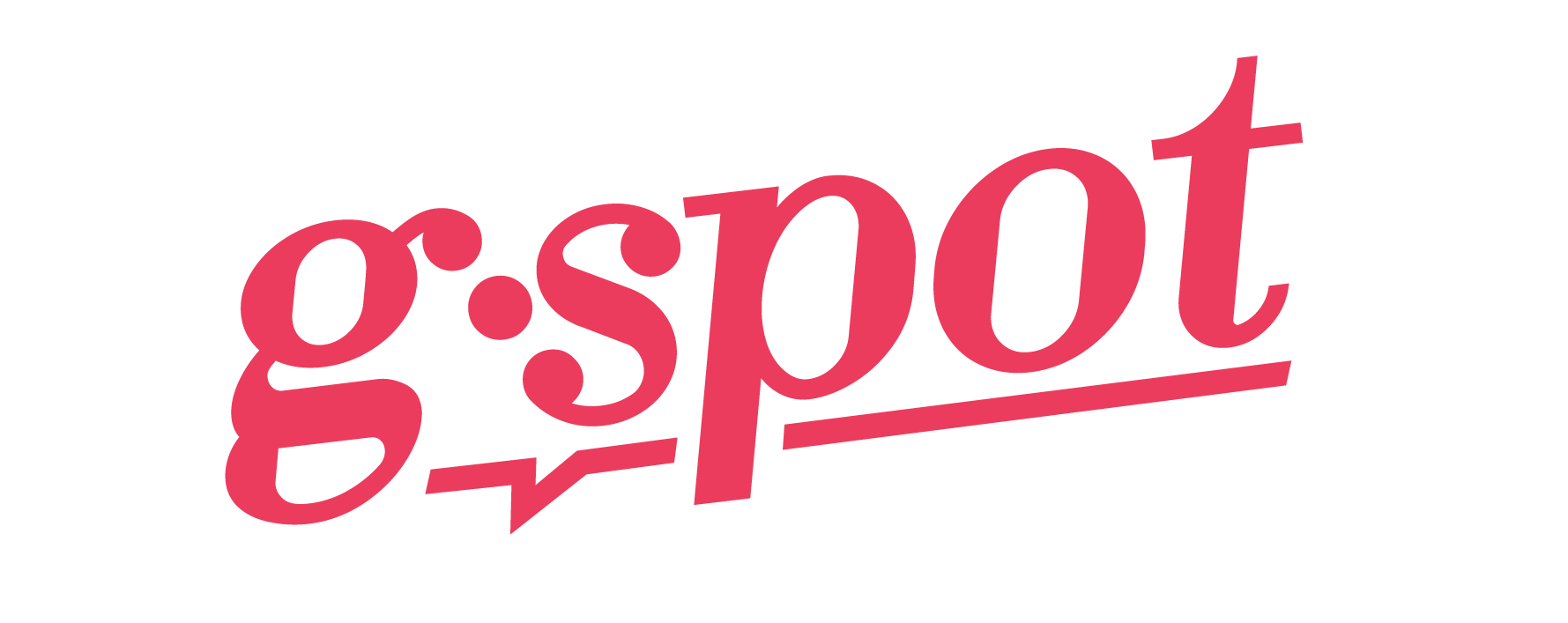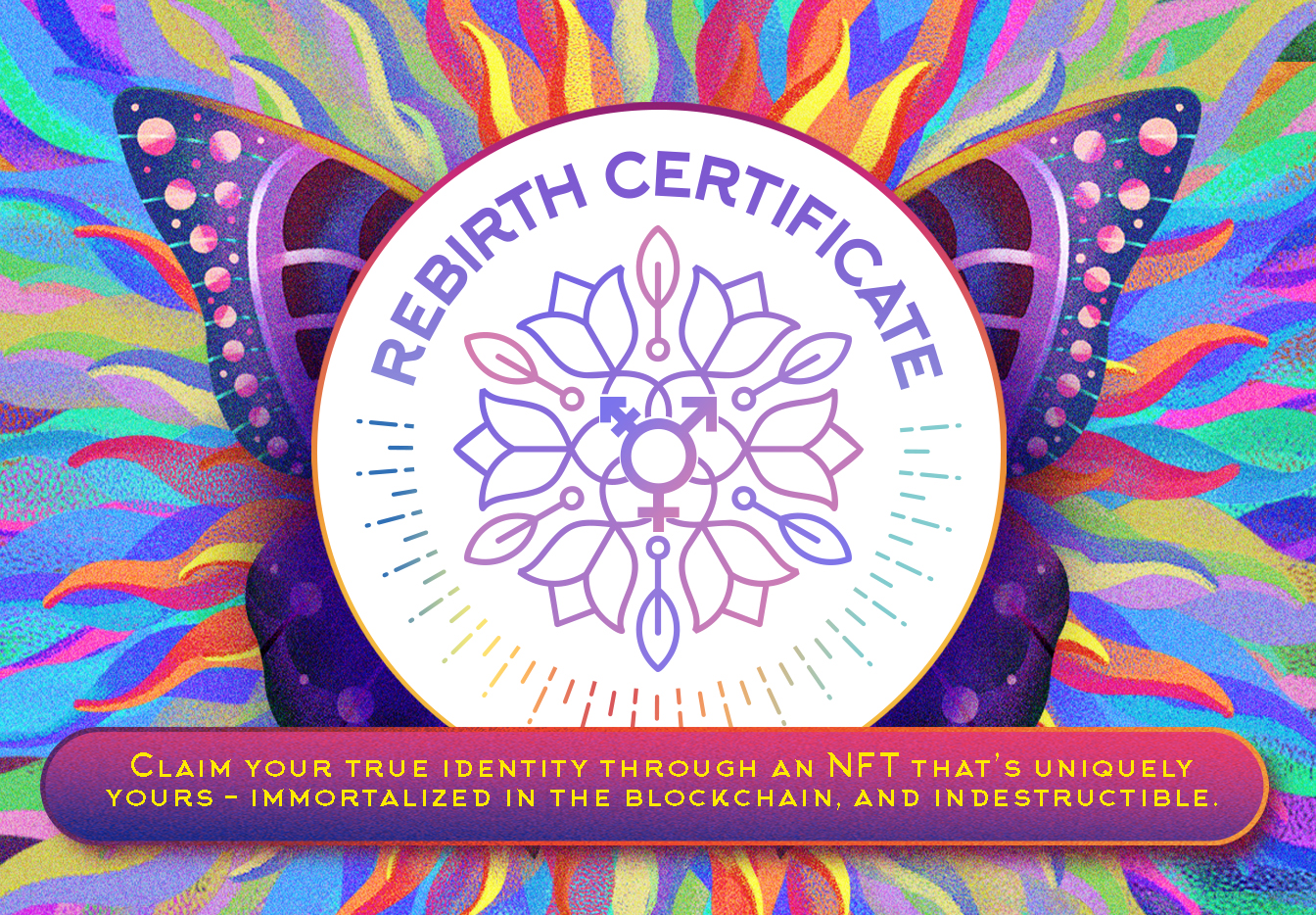
Cleaning up your diet can start at any point of the year. Just because we’re halfway through 2021 doesn’t mean you cannot start fresh and reset your eating habits.
There are many different dietary lifestyles out there, each with its own merits and fanbase. It can be overwhelming to figure out which is the perfect one for you.
Below are some of the common diets today to inspire you on your health journey:
Paleo Diet
The paleo diet is based on man’s diet during the Paleolithic era, around 2.5 million years ago. It includes lean meats, fish, vegetables, fruits, seeds, and nuts. It limits eating food that emerged during the farming era, such as grains, sugar, dairy, legumes, processed foods, and others.
The main goal of the diet is to return to how the early humans ate. It believes that the modern diet is mismatched with the human body. Modern farming has changed the modern diet and added new processed food, which the body has yet to adapt to. Because the paleo diet restricts your carbohydrates, it can lead to a decreased amount of glucose in the body and helps you lose weight.
Vegetarian Diet
In this diet, you consume plant-based food. However, a vegetarian diet can mean so many things. You can be vegetarian even when you consume dairy, egg, or fish. It is important to keep a balanced diet and eat more vegetarian sources of protein, Vitamin B-12, Omega-3, and iron.
This diet has many health and environmental benefits. It reduces the risks of cancer, heart disease, and arthritis.
Vegan Diet

This diet is stricter compared to the vegetarian diet. Vegans eschew all animal meat and animal-derived products. Most people can find this diet challenging, especially when they’re used to consuming meat. To compensate for the lack of meat and dairy, vegans need to incorporate more sources of protein, iron, and Vitamin B-12 into their diet.
One of the key benefits of veganism is that you have an overall decreased intake of saturated fats and cholesterols. When done right, a vegan diet can help reduce the risk of obesity and heart disease.
Keto Diet
Keto has been all the rave in recent years with many people including celebrities swearing by it. This diet is considered a low-carb diet and was originally used to help children with seizures. It increases the consumption of fat and reduces the intake of sugar and carbohydrates. There are several versions of the diet varying in fat, protein, and carb consumption. Unfortunately, this diet restricts you from eating nutritious fruits and vegetables that are high in carbohydrates.
By following the diet, people reach the state of ketosis wherein the body uses fat for fuel instead of carbohydrates. It has been proven effective for losing weight and is currently the most popular diet today.
Mediterranean Diet
It is another diet that focuses on vegetables and less meat consumption. The Mediterranean diet is based on the Greek and Italian diet back in the 1960s. Studies have shown that this diet can aid weight loss and prevent diabetes, stroke, and heart attack.
It focuses on adding vegetables to every meal and going for fish instead of chicken or other types of meat. Whole grains, herbs, nuts, and olive oil are also consumed heavily. With this, refined oils, added sugar, processed meat, refined grains, and trans fat are avoided. Water is the go-to beverage, while red wine can be consumed in moderation.
The Blood Type Diet

This diet aims to match food consumption with the specific blood type of the person. The blood type diet or blood group diet was popularized by Dr. Peter D’Adamo in 1996. He believes that the blood type represents the traits of our ancestors, including the diet they thrived on.
With this diet, type A is the agrarian and should follow a vegetarian diet. Type B are nomads and can eat vegetables, most meats, and some dairy but need to avoid lentils, corn, tomatoes, wheat, and others. Type AB is the enigma and is mixed A and B and can eat seafood, grains, beans, and tofu but need to avoid chicken, kidney beans, corn, and beef. Lastly, type O is called the hunter and should follow a paleo diet.
South Beach Diet
The South Beach Diet was created in 2003 by Dr. Arthur Agatston and named after Miami, Florida. It is a modified low-carbohydrate diet that’s high in healthy fat and protein. Its main goal is to change the overall diet by balancing the everyday food intake to make the diet more sustainable.
The diet works in three phases with two focusing on weight loss and the last one for weight maintenance. The first phase is stricter and limits high-carbohydrate food like fruits or grains to reduce cravings and decrease blood sugar. For 14 days, meals are only composed of lean protein, small amounts of healthy fat, and non-starchy vegetables. In the second phase, you will be working your way to your target weight by applying the same rules in the first phase and adding limited fruits and whole grains. The last phase should be the basis of your lifestyle once you achieve your target weight.
Raw Food Diet
This diet has been around since the 1800s and prioritizes unprocessed and uncooked plant-based food. It eliminates food that has been processed with additives or pasteurized. Food shouldn’t be heated over 40 degrees Celsius. You are allowed to juice, blend, dehydrate, sprout, or soak your food. Raw meat, fish, or eggs are also allowed if desired. Generally, you need to avoid coffee, tea, alcohol, pastries, etc.
The proponents of this diet claim that it can improve overall vitality, energy, and health while reducing the impact on the environment. It aims to lower the intake of carcinogenic food and decrease inflammation.
All the above are great diet plans. However, it would also depend on your health goals. Just remember to focus on your needs and lifestyle to figure out the best one that’s for you. If you have pre-existing medical conditions, it’s always best to consult a licensed dietitian or your doctor. Food is always good but also make sure it’s good for you! Have a healthy dieting!






